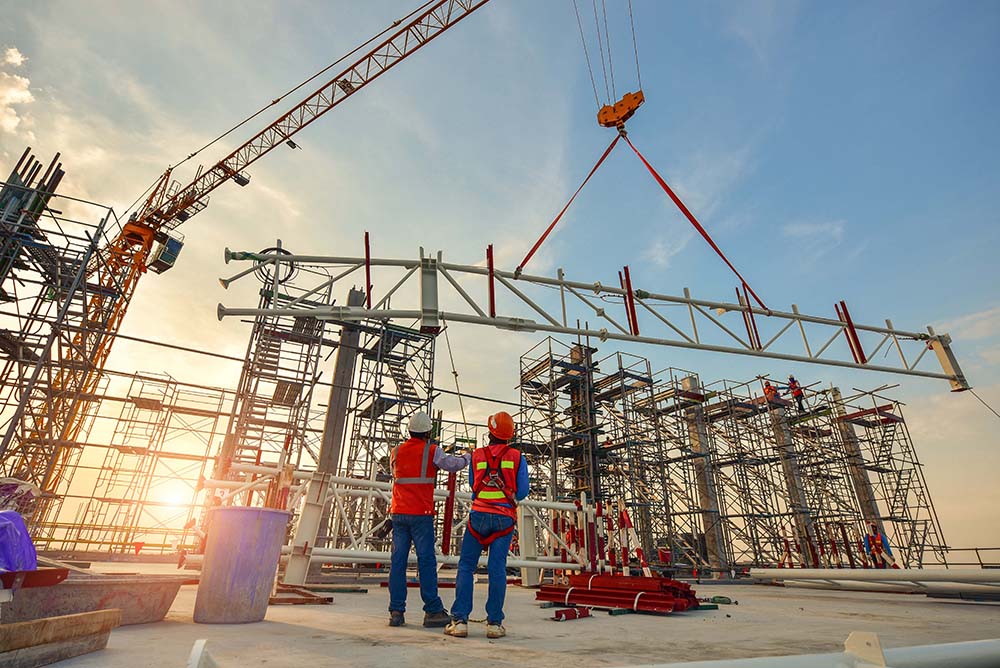Construction Law
June 2018 – August 2018
– Construction Law
Construction law integrates aspects of contract law, commercial law, employment law, and more, addressing the comprehensive needs of the construction industry. It governs a wide array of areas including construction contracts, bonding and sureties, mechanics liens, and construction claims management.
Stakeholders in Construction Law
This field impacts numerous industry participants such as financial institutions, architects, engineers, and construction workers, ensuring all parties meet regulatory compliance and contractual obligations.
Expert Legal Guidance in Construction Law
Ryan Daniel Law specializes in Texas Construction Law, offering expert legal guidance across all phases of construction projects. From contract negotiations in Dallas to dispute resolution, our firm provides the necessary legal support to navigate complex construction laws effectively.

Construction Law – Major Practice Areas
1. Contract Law:
Governs the agreements between the various parties involved in a construction project, including owners, contractors, subcontractors, and suppliers. Issues covered include contract formation, performance, breach, and termination.
2. Employment Law:
Deals with the rights and obligations between employers and employees in the construction sector, including wage laws, workplace safety, workers’ compensation, and labor relations.
3. Tort Law:
Involves claims for damages that are not based on contractual obligations. In construction, this could involve personal injury claims on the job site, property damage due to construction activities, or negligence.
4. Mechanic’s Liens:
Provides contractors, subcontractors, and suppliers with a security interest in the property they are improving, ensuring they are paid for the work and materials provided.
5. Surety Bonds:
Involves bonds that are used to ensure that certain obligations of the contractor are fulfilled. These include bid bonds, performance bonds, and payment bonds.
6. Construction Claims:
Concerns various claims that can arise during or after the completion of a construction project, such as delays, extensions, and compensation for unanticipated costs.
7. Public Construction Law:
Governs the rules and regulations that apply to construction projects funded by governmental entities. This includes compliance with public bidding laws, government contracting regulations, and other statutory requirements.
8. Building Codes and Standards:
Involves regulations that dictate the standards for building design and construction practices to ensure safety, health, and welfare in the built environment.
9. Environmental Law:
Deals with the environmental impact of construction projects, including compliance with regulations on land use, waste management, and pollution control.
10. Dispute Resolution:
Covers the methods for resolving conflicts that arise during construction projects, including mediation, arbitration, and litigation.
11. Insurance Law:
Relates to the types of insurance required during a construction project, such as general liability insurance, professional liability insurance, and builders’ risk insurance.
12. Planning and Zoning Law:
Deals with the regulations governing land use and the approval process for construction projects, ensuring that developments comply with local planning and zoning laws.

